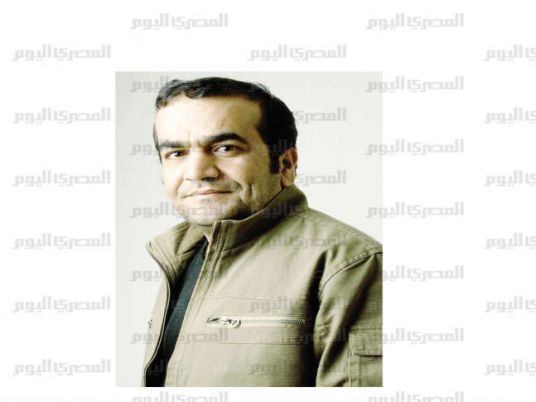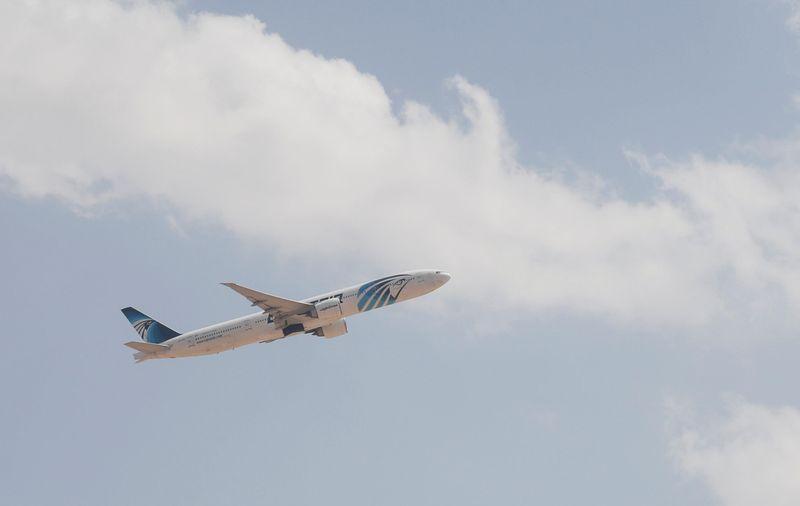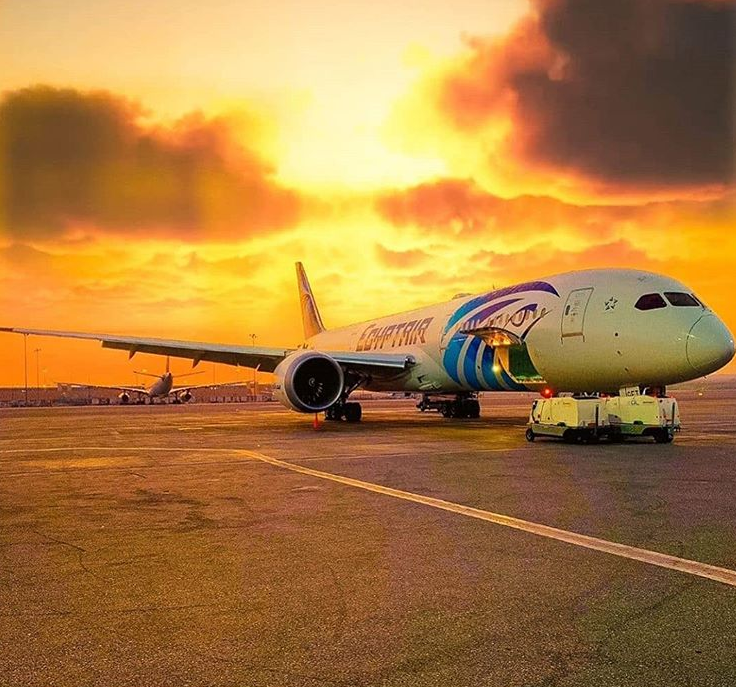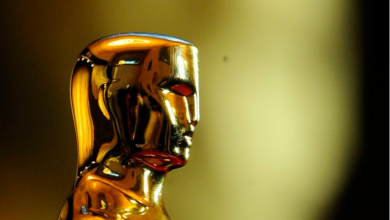
In his third cinematic endeavor, "Memories on Stone," featuring at the narrative competition of the Abu Dhabi Film Festival, director Shawkat Amin Korki sails through memory back to 1988, when late Iraqi president Saddam Hussein committed a massacre against the people of Kurdistan, dubbed al-Anfal raid, which left nearly 200,000 dead, still casting its shadow over the lives of many Kurds.
Hussein, the story’s main persona, a cinema director, leaves his wife and son in Germany and returns to home in Iraq, seeking to produce a movie commemorating the massacre and honoring his father who was killed by Saddam’s forces. His closest friend, Alan sells out his holdings to finance the film both for moral and financial gain.
The pair’s only problem was to find a girl who would assume the leading role in their movie. At that stage, they meet Sinor who accepts the role, due to the impact the massacre had on her childhood.
Though the film seeks to tell the story of the mayhem, it also sheds light on the irregularities of the Kurdish society that tilts to pretense, tolerates corruption, rejects co-existence and adheres to outdated traditions from the directors point of view. But Korki, however, is anxious to maintain dramatic balance, and declines to delve with the story in darker areas. He even drew some criticism for using a streak of comedy, represented in the choice of a funny actor to play the Beshmerga officer who rescues several kurds.
Sinor, meanwhile, remains as the reflection of the psychology of Kurds who lost their relatives in the aggressions. She acquiesces and gets married to her dominating cousin so as to keep her job.
Korki relied on documentary scenes that represent separate events ingrained in the Kurds’ memory of the incidents. Hussein Hassan, who played the leading role, effectively mirrored the psychology of a kid who had seen his father tortured before his eyes and kept the subsequent emotions as he grew up.
Korki told Al-Masry Al-Youm that the movie was filmed at the massacre’s real sites, explaining that the setting is still bearing the bloods of Kurds and keeps the torture equipment used by the Saddam regime. He added that the story does not tackle cinema financing issues, but rather the production of films at countries where there are no cinemas.
He revealed that he decided to work on the movie in 2003, but began actual steps when he returned back home from Iran, having spent most of his life there.
Korki added that he had relied on professional Iraqi and Iranian actors, and said his production gained backing from the government of Kurdistan.
Edited translation from Al-Masry Al-Youm




